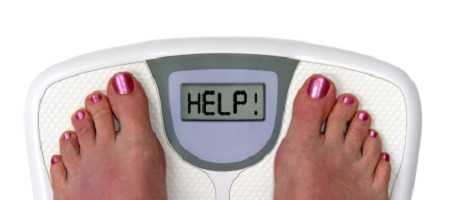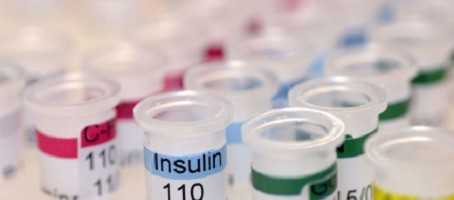A new scoring system that can accurately predict which diabetic candidates for weight loss surgery are likely to achieve diabetes remission has been developed by a team of US scientists.
The DiaRem prediction tool uses four readily available patient factors – age, insulin use, HbA1c (a long-term measure of blood sugar), and type of diabetes drug used – to determine the patient’s chances of diabetes remission within five years of undergoing a gastric bypass operation.
Roux-en-Y gastric bypass (RYGB) is a form of weight loss surgery for people who are morbidly obese. An added benefit of the operation is that it has been shown to resolve or improve type 2 diabetes in around 60% of patients.
To create an accurate method for determining which diabetic patients have the highest chances of reversing their diabetes after RYGB, researchers from the Geisinger Health System in Danville, California, analysed the outcomes of 690 obese patients with type 2 diabetes who underwent the weight loss procedure between 2004 and 2011. Of those, 463 (63%) achieved partial or complete remission.
Each patient was given a weighted DiaRem score, ranging from 0-22, based on the four factors that were independently predictive of remission. Those with a low DiaRem score had the highest chance of diabetes remission after surgery, the scientists found, while higher scores were linked to a lower likelihood of remission.
The tool’s performance was then validated in two independent cohorts involving 389 patients.
George Argyropoulos, from the Geisinger Health System, said: “Our novel DiaRem score will give patients and physicians a scientifically valid way of assessing the merits of gastric bypass surgery for treating diabetes and deciding whether additional measures should be taken to improve the odds of remission.
“Our score is robust with various definitions of diabetes remission (complete, partial, or a combination) and also predicts the probable improvement in glycaemic control after RYGB surgery.”
What's new on the forum? ⭐️
Get our free newsletters
Stay up to date with the latest news, research and breakthroughs.






